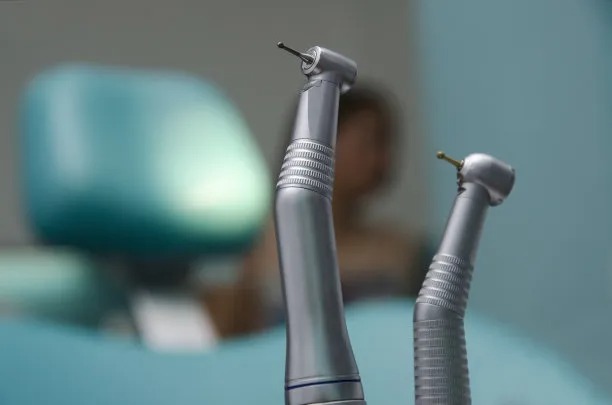Essential Safety Measures to Consider Before Undergoing Dental Implant Procedures for Optimal Results and Recovery
Summary: Dental implant procedures have revolutionized the way we approach tooth replacement, offering patients improved function and aesthetics. However, ensuring optimal results and a smooth recovery necessitates careful consideration of several essential safety measures. This article outlines crucial factors such as preoperative assessments, proper nutrition, medication management, and aftercare protocols. By diligently adhering to these guidelines, patients can significantly increase their chances of successful dental implant outcomes while minimizing potential complications. Following these steps not only aids in immediate recovery but also contributes to long-term dental health.
1. Importance of Comprehensive Preoperative Assessments

Before undergoing dental implant procedures, a thorough preoperative assessment is indispensable. This evaluation allows the dental professional to gain insights into the patient’s overall health, dental history, and specific needs regarding the implant. Factors such as bone density, gum health, and pre-existing medical conditions must be carefully analyzed to determine the patient’s suitability for the procedure.
A comprehensive assessment also involves diagnostic imaging, such as X-rays or 3D scans, which provide valuable information about the jawbone structure. These images help the dentist plan the exact location and angle for the implants, maximizing stability and effectiveness. Proper assessment significantly contributes to preventing complications during and after the procedure.
Moreover, discussing any concerns or past experiences with anesthesia can further personalize the approach, ensuring a comfortable experience for the patient. Addressing these points creates a well-rounded perception of the upcoming surgery, fostering trust between the patient and their dental care provider.
2. Planning a Balanced Nutritional Intake
Nutrition plays a pivotal role before undergoing any surgical procedure, including dental implants. A balanced diet rich in vitamins and minerals is crucial, particularly those that support bone health and promote healing. Foods high in calcium and vitamin D, such as dairy products, leafy greens, and fish, should be incorporated into the diet leading up to the surgery.
Additionally, hydration is equally important. Drinking plenty of water helps maintain good blood circulation, which is essential for healing. Patients are also encouraged to avoid certain foods that can cause inflammation, such as processed sugary snacks or excessive alcohol, as these can hinder recovery.
Planning meals ahead of the procedure ensures that patients are prepared and nourished sufficiently. Consulting with a nutritionist or the dentist can provide tailored dietary suggestions, setting the stage for optimal recovery post-surgery.
3. Understanding Medication Management
Medication management is a critical aspect that patients must navigate before their dental implant surgery. Certain medications, particularly blood thinners and anti-inflammatories, may need to be adjusted or paused to prevent excessive bleeding during the procedure. It’s paramount that patients disclose their full medication list to their dentist or oral surgeon beforehand.
Additionally, the dentist may prescribe antibiotics to prevent infection, which is a common precaution. Understanding the proper use of these medications, including dosage and timing, ensures that patients are adequately prepared for the surgery and subsequent recovery phases.
Post-operative pain management is another aspect of medication that must be addressed. Having a plan in place for managing discomfort—whether through prescribed painkillers or over-the-counter options—will help in creating a smoother recovery experience.
4. Following Aftercare Protocols Rigorously
Aftercare protocols play a significant role in the success of dental implant procedures. Following the dentists aftercare instructions is essential to minimize the risk of infection and promote healing effectively. This may include keeping the surgical site clean, avoiding certain foods, and attending follow-up appointments.
Moreover, maintaining good oral hygiene is crucial. Patients should gently brush their teeth while avoiding the implant site for the initial days to ensure cleanliness without aggravating the area. Rinsing with saltwater can also greatly assist in soothing the gums and reducing the chance of infection.
Lastly, monitoring for any unusual symptoms such as excessive swelling or prolonged pain can help in early detection of complications. Reporting any concerns to the dental provider promptly ensures timely interventions, contributing to a successful recovery.
Summary:
Understanding and implementing essential safety measures before undergoing dental implant procedures is paramount for achieving optimal results and ensuring a smooth recovery. A comprehensive preoperative assessment, balanced nutrition, diligent medication management, and rigorous adherence to aftercare protocols all contribute significantly to the overall success of dental implants.
Through careful planning and execution of these measures, patients can alleviate potential complications and pave the way for healthier, more enduring smiles.
This article is compiled by Vickong Dental and the content is for reference only.



